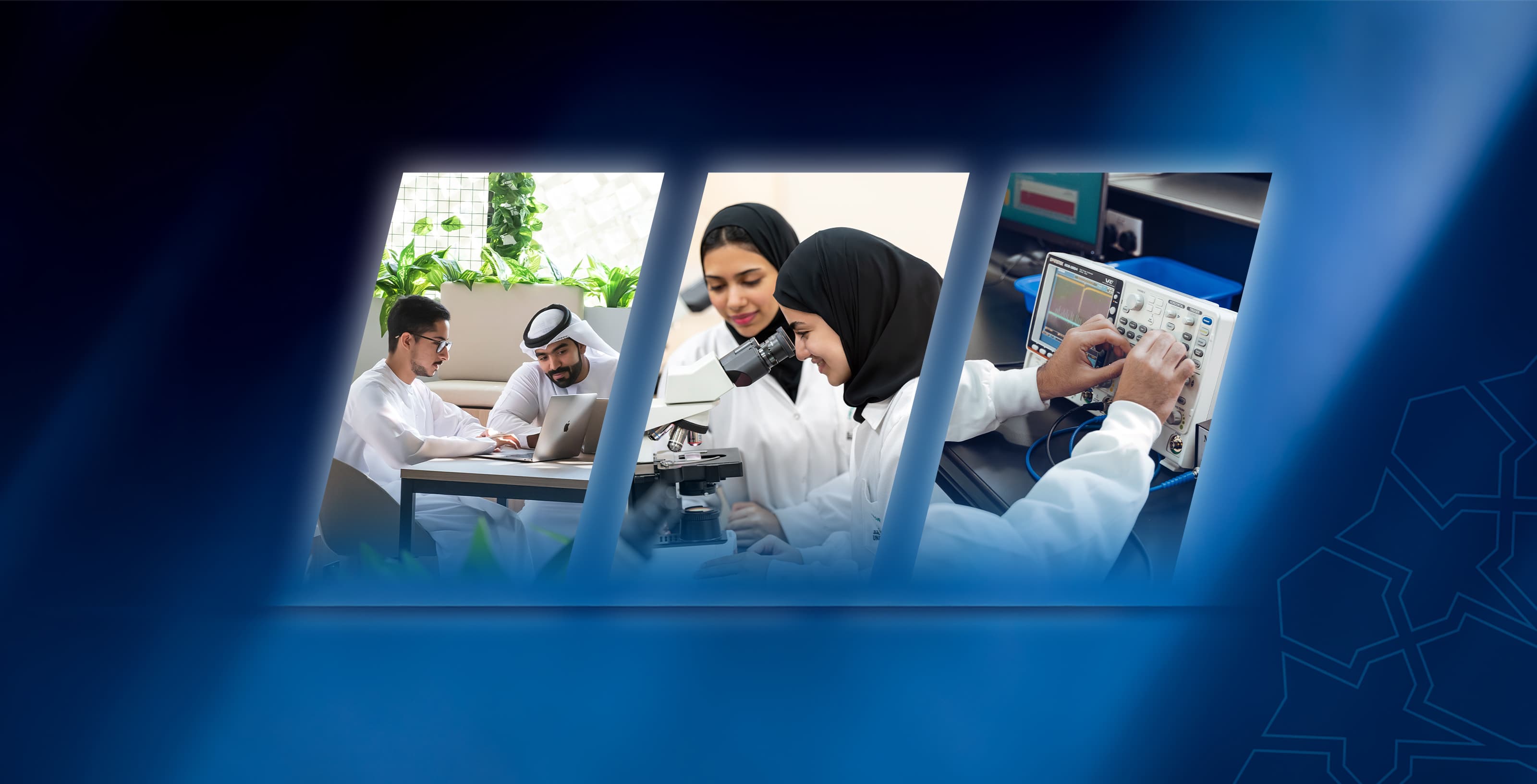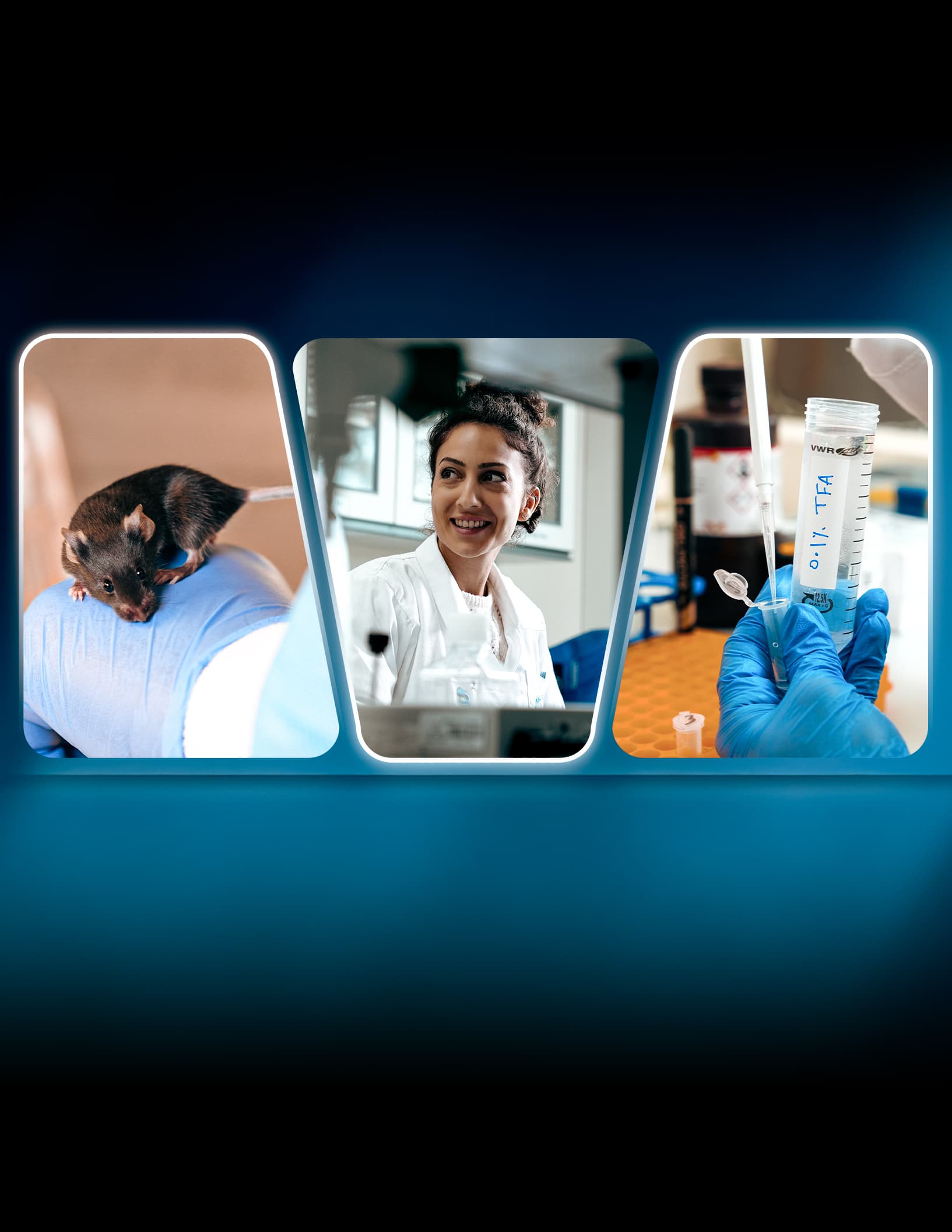About
Lines of Research
Highlights
Collaborations
Publications
Our Team
About
The mission of the Big Data Mining and Multimedia research group is to conduct leading-edge research in data mining, big data, multimedia databases, traffic surveillance, crowd analysis, social networks, and wireless sensor network data streams. In our research, we analyze the captured big data to extract valuable knowledge and insight to allow for better decision-making in the target application. We will work on applications that will benefit the UAE and the region.
Goals and Objectives
Big Data Mining and Multimedia research group aims to achieve the following:
- Design and develop new algorithms for collecting, storing, and analyzing big data to discover valuable knowledge. Big data could be heterogeneous, unstructured, distributed, and/or dynamic.
- Automatic understanding of multimedia data (images, video, 3D scenes). We focus on applying data mining tools to solve existing problems in applications such as traffic surveillance, crowd analysis, scene understanding, and reconstruction, individual (or group) monitoring & security via CCTV cameras.
- Work on applications that benefit UAE and help achieve its ambitions, such as monitoring and managing in real-time everyday events of the UAE's "smart cities", detecting suspicious individuals, or groups, on the social network, and traffic monitoring and surveillance to re-routing traffic and prevent congestions.
Lines of Research
Main Research Areas:
1. Mining big data
- Detect environmental phenomena in wireless sensor networks.
- Monitor and manage chronic health symptoms using a body sensor network.
- Mining big social networks to identify communities, influential people, and suspicious groups.
- Finding teams of experts, or coherent groups of people, in big social networks.
- Crowd analysis of video crowded scenes to identify anomalies.
- Detect traffic violators by monitoring and analyzing in real-time traffic scenes.
- Scene understanding by visually reconstructing violation events.
Highlights
Recent Exchange Students
| Student's Name | Institute | Program | Date |
|---|---|---|---|
| Ashish Jha | Skoltech University | PhD | 11-2022 |
| Sergei Gostilovich | Skoltech University | PhD | 11-2022 |
Recent Supervised Postgraduate Internal Students
| Student's Name | Program | Supervisor(s) | Date |
|---|---|---|---|
| Feda Qaswal | MSc. in Computer Science | Imad Afyouni, Zaher Al Aghbari | 2019-2022 |
| Mariam Orabi | MSc. in Computer Science | Zaher Al Aghbari | 2020-2021 |
| Safia Mohamed | MSc. in Data Science | NA | Present |
Additional details about our research projects:
Real-time Traffic Navigation based on Cloud-Fog Computing for Smart Cities

Intelligent transportation system (ITS) applications generate a massive amount of data, which can hinder its full utilization in applications such as real-time traffic navigation. Transferring traffic data from ITS devices to cloud centers for processing big traffic data can result in high latency which has a direct correlation with the system performance. To reduce this latency, we propose a fog computing-based system for real-time traffic management where vehicle speed and location can either be detected by side computing nodes or transmitted through an ITS device to a side node. As one of the applications of the system, it will incorporate the low-latency data in an augmented reality environment to facilitate a real-time visualization of the surrounding traffic. The proposed system will be evaluated through traffic simulations and the results will be analyzed in relation to cloud-fog computing architecture, reduction of latency, optimization of data communication, and accuracy of navigation information.
Lightweight DL Models for Data-Intensive IoT Applications

Compressing the layers of the Deep Neural Networks (DNNs) and reducing the number of parameters of the original DNNs, i.e., developing lightweight models, is a well-known technique to reduce their complexity. As the layers in the DNNs are multidimensional arrays (tensors), tensor decompositions approaches are more efficient techniques than the classical matrix factorization methods.
This proposal mainly focuses on developing such stable algorithms for looped tensor network decompositions from the sensitivity analysis viewpoint. They will be used to compress layers in DNNs and apply them to IoT applications. IoT applications are required to process data that is huge and redundant. To process such data in real-time, we develop IoT applications, such as pedestrian attribute recognition, identity recognition, transmitting and recovering wireless sensor networks (WSN) data, etc., in which the proposed lightweight DNN models are deployed at IoT devices.
Community impact: This project will result in the lightweight prototype of Deep Learning models that can be implemented on small IoT devices, which will be useful in a range of applications such as computer vision, speech recognition, sensor network, etc.
Spatio-Temporal Event Discovery in the Big Social Data Era

This project introduces a new perspective on the hybrid extraction and clustering of social events from big social data streams.
We present ‘Deep- Eware’, a scalable and efficient event-aware big data platform that integrates data stream and geospatial processing tools for the hybrid extraction and dissemination of spatio-temporal events. We introduce a pure incremental approach for event discovery, by developing unsupervised machine learning and NLP algorithms and by computing events’ lifetime and spatial spanning.
The system integrates a semantic keyword generation tool using KeyBERT for dataset preparation. Event classification is performed using CNN and bidirectional LSTM, while hierarchical density-based spatial clustering was used for location-inference of events. The results demonstrate that this hybrid approach for spatio-temporal event extraction has a major advantage for real-time spatio-temporal event detection and tracking from social media.
Road Safety and Traffic Management System in the Internet of Vehicles Paradigm

The growing traffic fatalities are a serious cause of concern and hence it is crucial to develop a system for avoiding and preventing traffic accidents at an extreme level and to eliminate their consequences.The aim of this research project is to achieve three important goals in smart traffic safety and accident management system. The first goal is to design a warning scheme to predict the accident causes and behavior to alert the drivers about accident-prone areas or probable accidents based on traffic situations. The second goal is to determine the optimum route from the
accident location to the nearest rescue location by developing a dynamic routing scheme using a control station. The third goal is to minimize the communication among sensors to save energy on the Internet of Vehicles (IoV) infrastructure by developing and adopting a new clustering scheme to minimize the number of exchanged messages. Community impact: This project will enable smart (driverless and automated) to realize the surrounding roadway environment and make reliable driving decisions within splits of seconds. This will help in improving the transportation systems within the country.
Other projects' impact on the community:
• Deep maps
This project bridges a gap between multimedia-rich user-generated content and digital maps to create the next generation of maps for the community. These new maps can help in a wide range of applications, such as city exploration by tourists, and other location-based services.
• Detection and Mitigation of Cyberbullying in Arabic Social Media
Social media bots are used to gain influence, which is maliciously used as a tool to manipulate public opinion and become a threat to people. This project aims to protect legitimate users and social networks from being a tool to fulfill malicious agendas.
• Adaptive serious games for physical rehabilitation
This project investigates the integration of augmented/virtual reality environments within serious games for collaborative remote learning purposes, thus providing users with a fully immersive, guiding, and engaging experience. AR-based adaptive serious can play a major role in adjunctive treatment for patients with musculoskeletal and neurological disorders, but also a principal role in collaborative remote learning.
Collaborations
| Partner Organizations | Collaboration Type | Title | Date |
|---|---|---|---|
| Queen Mary University of London, UK | Research and Development | AI for next generation computing: Emerging trends and future directions | 2022 |
| University of Western Ontario, Canada | Research and Development | AI for next generation computing: Emerging trends and future directions | 2022 |
| University of Cambridge, UK | Research and Development | AI for next generation computing: Emerging trends and future directions | 2022 |
| University of Birmingham, UK | Research and Development | AI for next generation computing: Emerging trends and future directions | 2022 |
| University of Waikato, New Zealand | Research and Development | AI for next generation computing: Emerging trends and future directions | 2022 |
| El Qassim University | Research Projects | Security in Smart City | 2021-2022 |
| Skoltech | Research Grant and Joint Workshops | Lightweight DL Models for Data-Intensive IoT Applications | 2023 |

